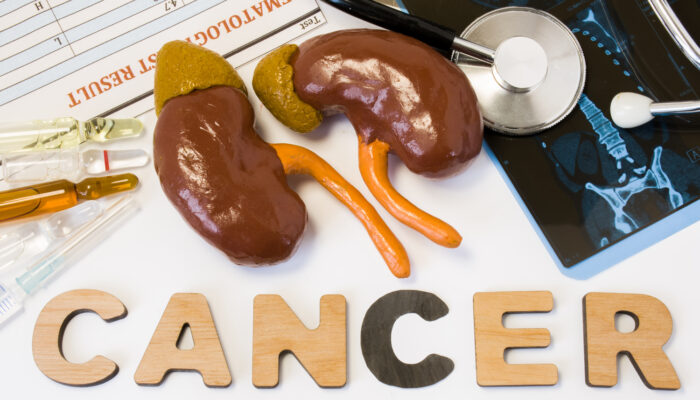
5 Cystic Fibrosis Treatments
Cystic fibrosis is an inherited or genetic condition that causes issues with the cells that are responsible for producing saliva, mucus, and sweat. Generally, when a person has secretions, they are thin. However, with cystic fibrosis, the defective genes cause secretions to be thick and sticky. Instead of acting like a lubricant, sweat, saliva, and mucus begins to block the tubes and ducts around the body. This can lead to issues with the pancreas, lungs, and the digestive system.
There are many different treatments for cystic fibrosis both natural and pharmaceutical. Read on for the most common cystic fibrosis treatments:
1. Medications
There are many different types of cystic fibrosis medications that a person may be put on if they have cystic fibrosis. A patient may be put on antibiotics to prevent lung infections. They will also be put on anti-inflammatory drugs to help lessen the swelling in the lungs. In some cases, a person may be put on mucus thinning drugs to help cough up mucus. For problems with the digestive system, a person may be put on oral pancreatic enzymes to help improve digestion. For people that experience severe lung issues with cystic fibrosis, they may be put on inhaled cystic fibrosis medications like bronchodilators to help aid in breathing.
2. Consumption of omega-3s
One of the best ways to deal with cystic fibrosis is to manage it by using foods or taking a supplement with omega-3. Omega-3 fatty acids have been said to improve breathing. There have also been studies that have shown that Omega 3 may also help in lessening mucus production. It may also help to reduce inflammatory biomarkers which will help to reduce discomfort and pain that a patient may suffer from. A patient may take a supplement of omega-3 or may alter their diet to include more omega-3 rich foods.
3. Physical therapy and exercise
There are several physical therapies and exercise routines that may help a patient working on managing CF. These exercises should be moderate and not bother the patient’s breathing. There are many routines that will help to improve the airways. Some of these exercises can even help dislodge mucus build-up from the airways. Breathing exercises will also help to strengthen the overall lung function.
4. Nutrient dense foods
A person who has cystic fibrosis, and wants to work better at managing CF, should consider a diet high in nutrient foods, digestive enzymes, and supplements. It is crucial to eat enough vitamin-rich foods in order to help strengthen the body and promote healthy living. Over time, they should see a vast improvement in their symptoms.
5. Salt therapy
There have been several studies have shown that a person who has cystic fibrosis should drink a glass of salt water. This should be done first thing in the morning before eating a meal. Studies have shown drinking salt water in the morning can help to reduce the build-up throughout the body. This can help aid in breathing, digestive function, and reduce pain and discomfort.
A patient has cystic fibrosis will have access to a broad variety of cystic fibrosis treatments for the alleviation of their symptoms. If one treatment does not work, the patient should try several to ensure that they are getting the maximum benefit from where treatment they choose.



